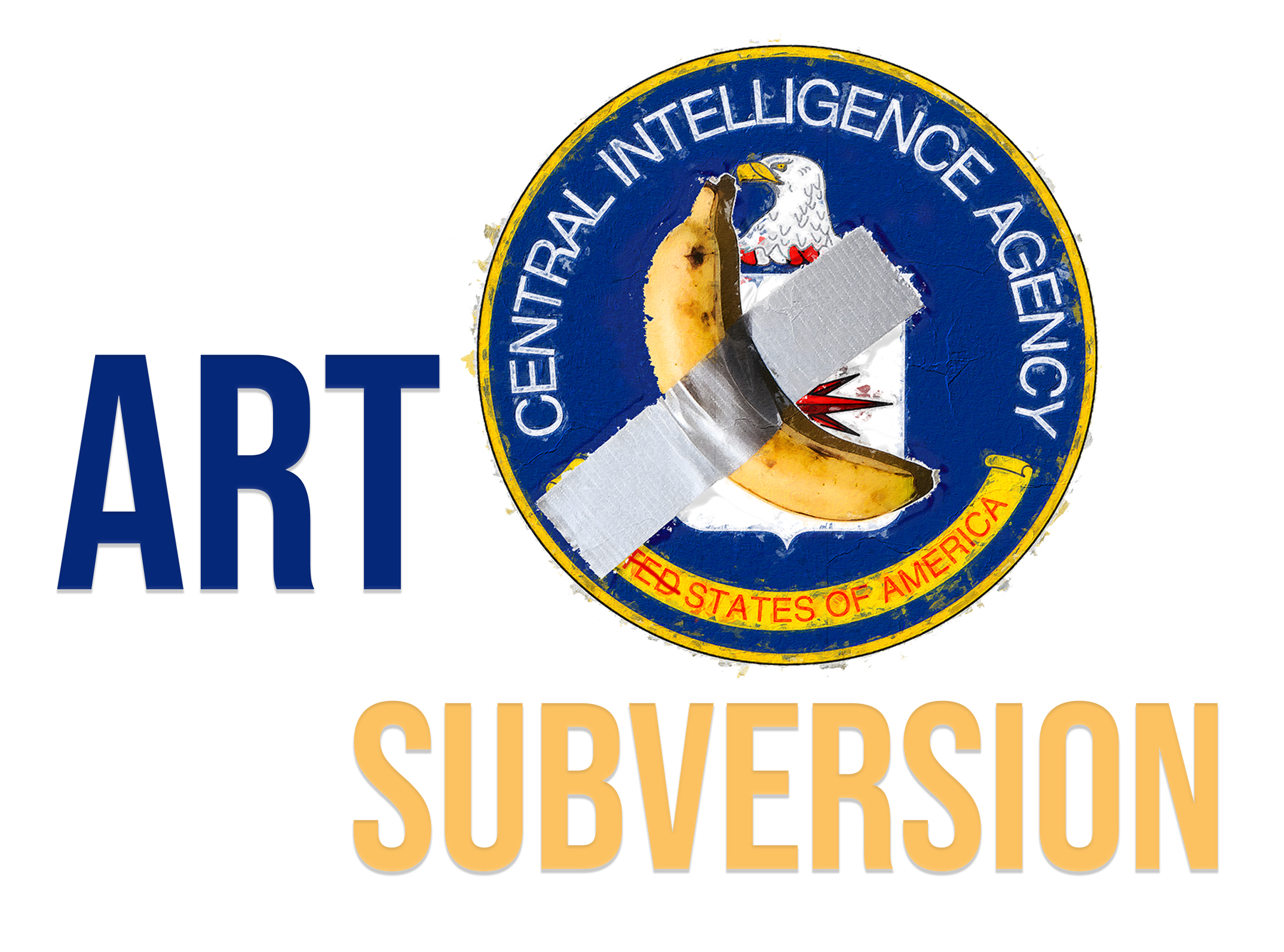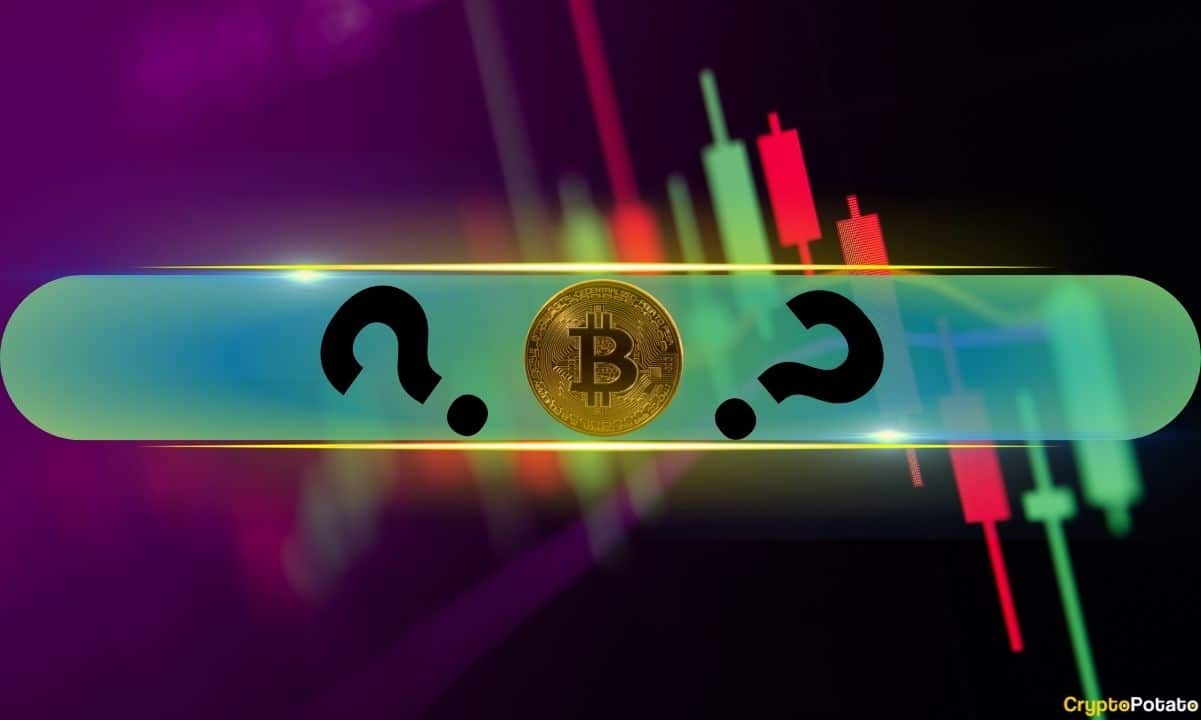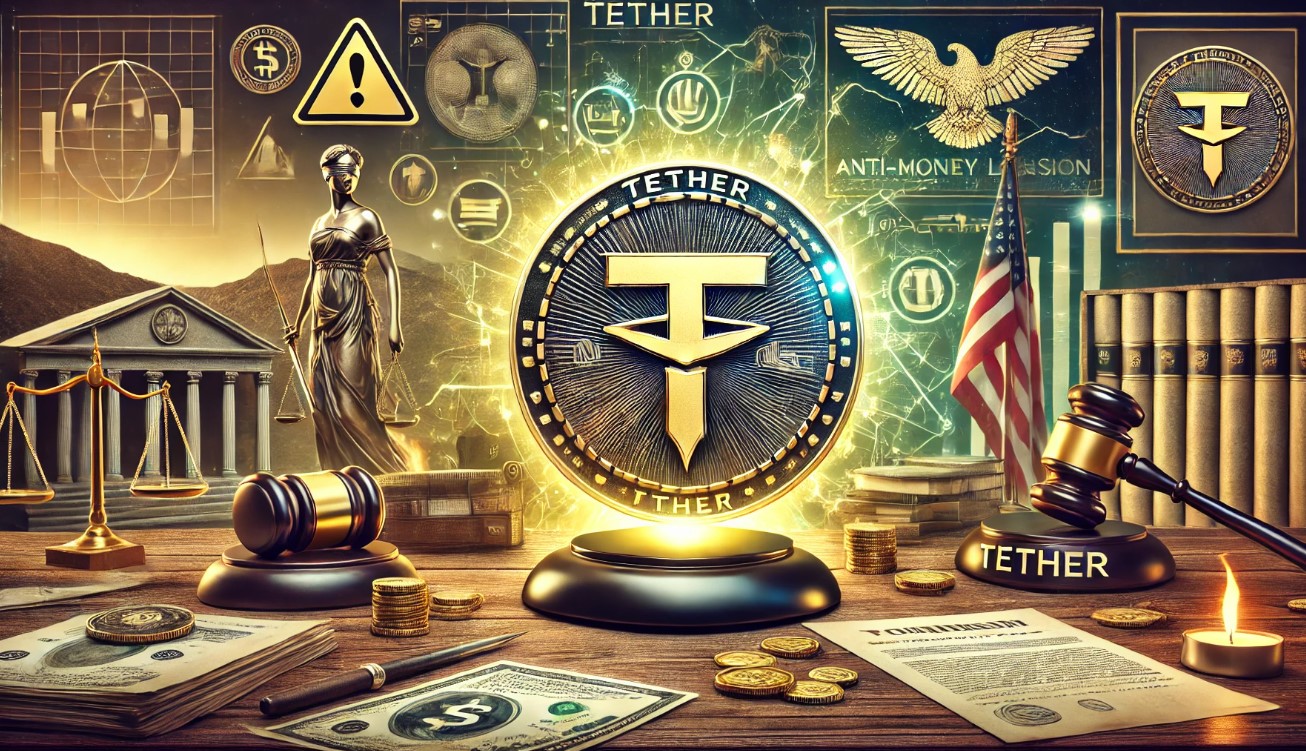Circle plans to combine regulatory compliance with on-chain privacy using a new Ethereum token standard.
According to Circle’s “Confidential ERC-20” whitepaper, the concept would enhance privacy features for existing and new cryptocurrencies issued on Ethereum (ETH) and EVM chains without crossing legal boundaries established by regulatory authorities.
This framework transforms standard ERC-20 tokens into confidential wrapped versions that mask balances and transaction amounts, providing users with additional privacy protections while maintaining compliance controls.
In addition to encrypted balances and transfers, the whitepaper introduces delegated viewing and programmable transfer rules. Developers could assign viewing privileges to auditors and regulators while preserving user privacy.
Circle Research and Inco Network, co-authors of the paper, claim that compliance measures can be hard-coded into the smart contract, eliminating regulatory uncertainty from the token’s initial deployment.
The Confidential ERC-20 standard is powered by Fully Homomorphic Encryption (FHE), which, according to the document, enhances privacy on public blockchains within the EVM ecosystem.
Composability over encrypted data and the modularity of the framework is partly achieved by being encryption-based rather than commitment-based (such as most zero-knowledge proof-based protocols)… The Confidential ERC-20 Framework marks a step towards ensuring privacy while maintaining regulatory compliance for blockchain transactions.
Confidential ERC-20 whitepaper
Scores of debates have centered around the juxtaposition of privacy-focused applications built on publicly accessible decentralized networks since blockchain’s inception. Crypto users worldwide have advocated for private on-chain transactions. However, anti-money laundering laws and other reporting requirements in places like Europe have often led to scrutiny of crypto privacy apps.
If successfully tested and accepted by financial agencies, crypto operators, and end-users alike, Confidential ERC-20 could ease tensions between regulators and the digital asset industry.

















 English (US) ·
English (US) ·